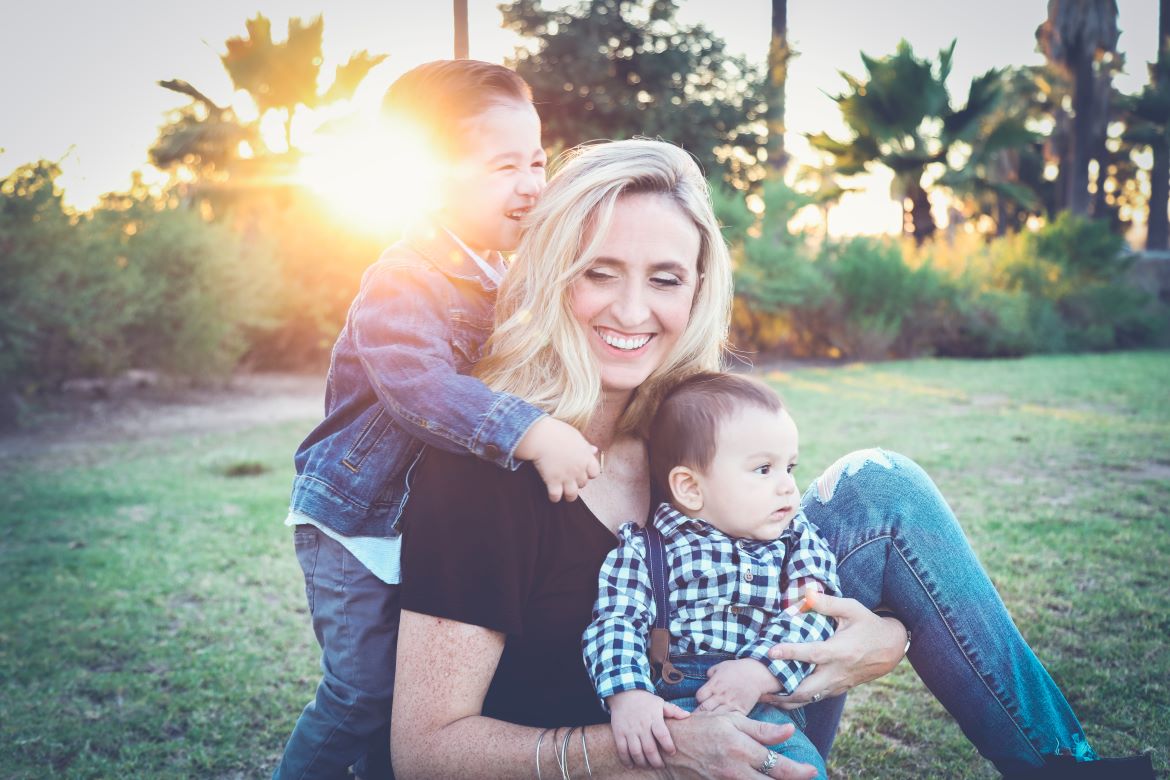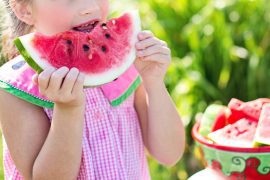By Katie Connolly
We are hardwired to belong. At 6 weeks in utero, we begin to co-regulate with our mother. Through this experience, we feel and absorb what she experiences through hormones and energetic impressions. While all primary caregivers are important, bonding with mothers plays a very influential role in the development of the child’s nervous system baseline, and how they will perceive and interact with the world around them. The irony is that these are often the most challenging years as a parent.
If our mother is at ease, has made peace with any personal or generational trauma, is rested, nourished, and present, the child has the best chance at being resilient.
The hard truth is… this is not the reality for most moms, particularly in our individualistic Western culture where we are often left feeling isolated, without much support.
Equally important, is that we are resilient and the first twenty years really matter. So if like me, you had challenging postpartum experiences, the way you continue to show up for your children has an incredible impact!
If our mother is at ease, has made peace with any personal or generational trauma, is rested, nourished, and present, the child has the best chance at being resilient.
Basics of Biology
A very basic approach to the brain is the triune representation. In this, the reptilian brain controls our instinctual and basic needs to survive. This is where we respond from when we are in a sympathetic – fight or flight – state. Our mammalian or limbic brain governs our emotions and desire to care for our young. What is unique to humans and most primates is the neocortex. This allows for empathy, higher reasoning, visioning, and ability to think abstractly. While this provides a basic conceptualisation of the brain, we are of course much more complex and adaptive, with the different parts of our brain interacting with external and interoceptive cues (Steffan et al., 2022).
Our prefrontal cortex begins developing in our first five years of life, to make connections between our thoughts, emotions, and behaviours … and only fully develops by the time we are 30! (Arnsten, 2009)
What Does this Mean As a Parent?
This means that our children rely on us to respond to their needs and help them co-regulate, far beyond the age of three, when our society likes to tell us that our children should be able to self-regulate. For years now I have been saying we need to get rid of the term self-regulation. To me, it denotes we need to manage our emotions so we are not creating a disturbance to others… you know, keep them boxed up please. Personally, I think this rationale is part of the reason we see some frightening statistics around mental health in youth and adults.











